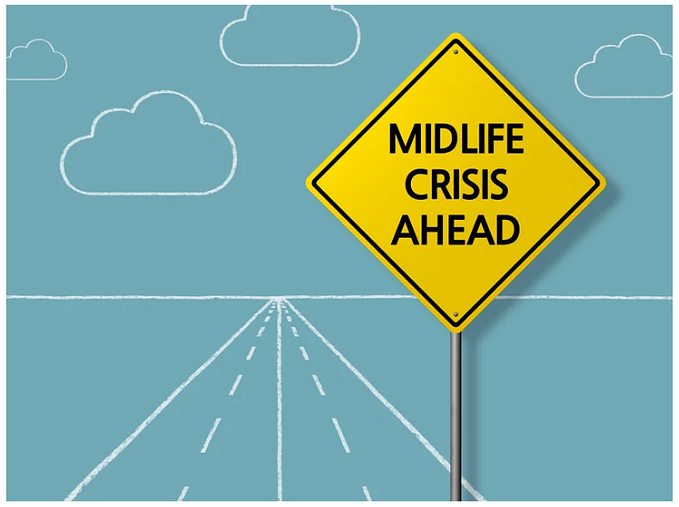Member-only story
The Scientific Framework I’m Using to Make It Through This Pandemic School Year
Self-pity doesn’t help me or my kids

Whenever I tell people that my oldest child begins remote kindergarten this month, they simply say, “I am so sorry.”
To be honest, my default response is to feel sorry for myself, too. This is not how I pictured my five-year-old entering his first year of elementary school and his almost-three-year-old brother starting preschool. Since March, I haven’t been able to shake the sense that I’m stuck in the wrong timeline. How am I going to manage the school days of two young kids, each with a special education plan and low daily tolerance for video chats? I feel as if I’ve been dropped into the woods and told to build a log cabin.
But while this kind of self-pity is common right now, it’s not helpful. It traps me in hopelessness, which isn’t a great place to live or to parent.
Recently, a friend who works in higher education said something that has been shifting my mindset. She was telling me about a talk that she gave to her university peers. “It is easy to find the negatives about this school year,” she told them. “It is difficult — and it will require leadership — to find the positives.”
As she said those words, I felt a warm thrum in my chest. While I’m not a school leader, I am a leader for my children. And I want to be brave and do what needs to be done. I knew I needed a new framework for thinking about our current situation. So I started reflecting back on the different approaches I’ve used to solve difficult problems during my time as a mental health researcher.
The scientific method is an approach for systematic inquiry used by many scientists. It’s an iterative process — a way to identify problems and keep making improvements. I decided to adapt it to help me approach this big, strange experiment — our pandemic school year — in a way that feels grounded and methodical.
The main steps of the scientific method are: make an observation, ask a question, conduct research, form a hypothesis, test the hypothesis, draw conclusions, and share the results. Here’s what the process looks like for me:







